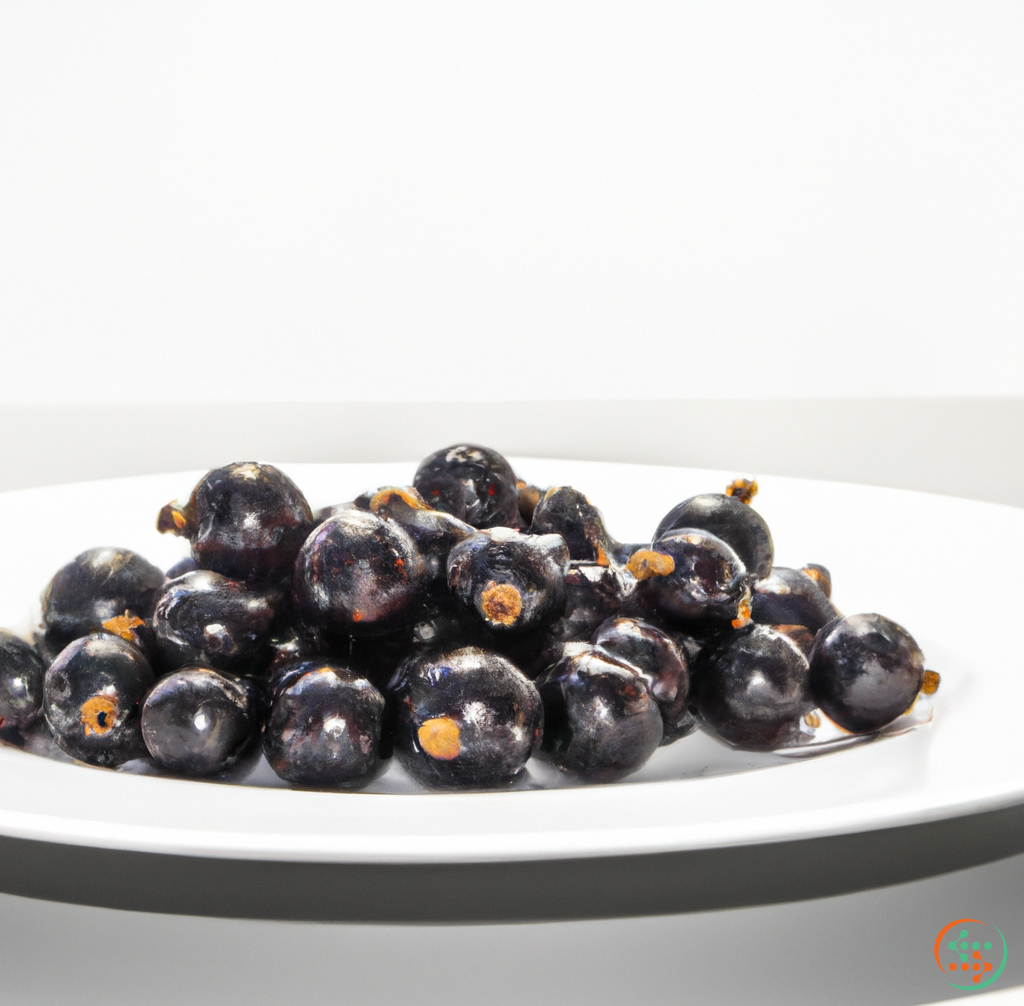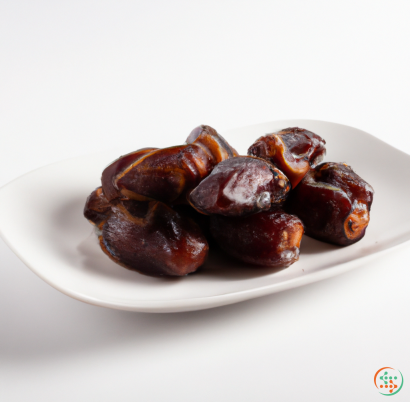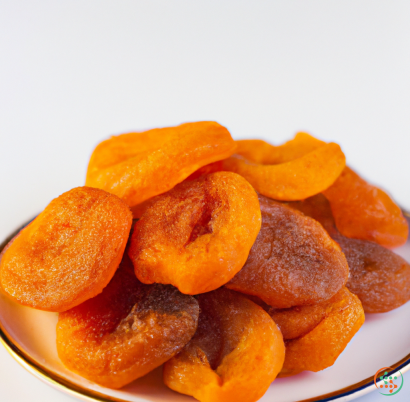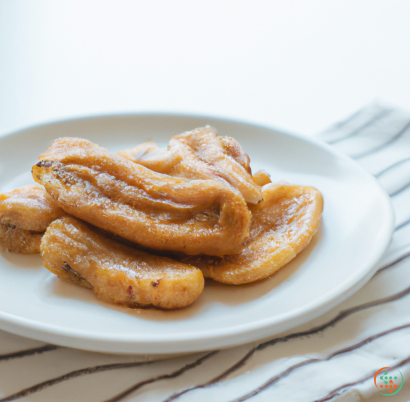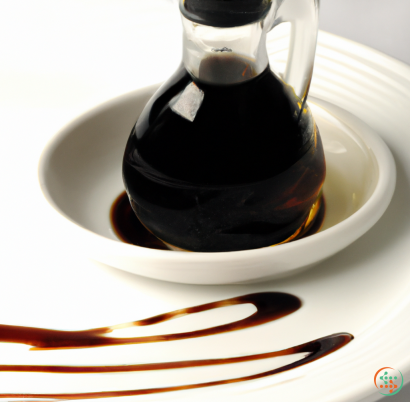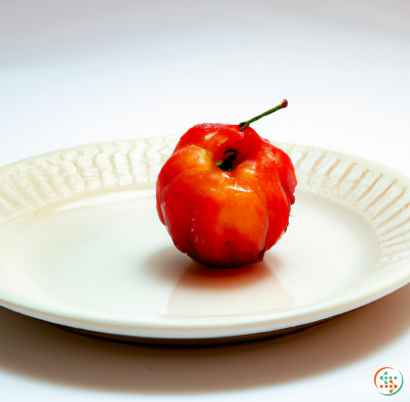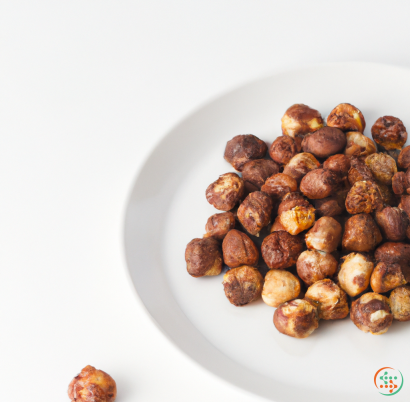Black Currant
Black currants have a long history of being enjoyed as a fruitful, nourishing food and as a remedy for a variety of ailments, from digestive issues to skin conditions. Though not as popular today as other berries like raspberries, blueberries, and cranberries, black currants are beginning to gain more recognition in modern times due to their powerful health benefits.
What Are Black Currants?
Black currants (Ribes nigrum) are small, round, black-purple berries that are a type of fruit that come from a shrub native to Europe and parts of Asia. The juiciest and most flavorful black currants come from the U.K., France, and Scandinavia. Black currants are closely related to red currants, and both are members of the same genus.
Black currants have a unique flavor, sweet yet sharp and intense. They tend to have a thinner skin than other berries, making them more fragile and quick to spoil. They become ripe during the summer months, when they are picked and used for various culinary purposes, such as jams and jellies, syrups, purees, and preserves.
Nutritional Profile and Benefits of Black Currants
Black currants are an excellent source of key vitamins and minerals, including vitamin C, manganese, iron, and zinc. They are also an excellent source of dietary fiber, which can help promote satiety after meals and regulate digestion. Black Currants have a higher concentration of anthocyanins and polyphenols than their blueberry and cranberry counterparts, making them a powerful antioxidant that can support the body’s natural detoxification processes.
Black currant juice is packed with a range of health-promoting compounds, including flavonoids, terpenoids, phenolic acids, tannins, and anthocyanins. Anthocyanins are powerful antioxidants that may help reduce inflammation. The phenolic acids in black currant juice may also reduce inflammation and act as an anti-aging agent. Additionally, the tannins in black currant juice may help protect against cancer and heart disease.
The juice of black currants is also a good source of vitamin A and beta-carotene, which have been found to have anti-cancer properties. Plus, black currants are a great source of potassium and magnesium, which are essential for a healthy heart and blood pressure.
Possible Uses of Black Currants
The uses of black currants are many, ranging from culinary uses to medicinal applications. In the kitchen, black currants can be used in a wide variety of recipes, from jams, jellies, tarts and pies to syrups, muffins, sauces, and fruit salads. They are also a great addition to smoothies and can be used to make a refreshing cup of tea.
In traditional folk medicine, black currants have been used as a remedy for everything from digestive complaints to skin conditions. They are thought to act as an astringent, an anti-inflammatory, and an overall tonic for the body. Black currants have been used to reduce fever, treat coughs and colds, soothe sore throats, boost the immune system, and even reduce flatulence. They are also believed to ward off infection, alleviate headaches, and improve energy levels.
Conclusion
All in all, black currants are an incredibly nutritious and versatile food that can be enjoyed in a variety of ways. Due to their unique blend of nutrients and powerful active ingredients, they offer a range of health benefits—from lowering inflammation to fighting off cancer and infections. Whether you enjoy them fresh, dried, cooked, or juiced, they are sure to be a tasty addition to your diet and a powerful health-promoting ally.
How a Black Currant Journeys from the Field to Your Dinner Plate
When you sit down to dinner, many people don't give much thought to how their food got there. But behind every meal, there's a complex and impressive journey filled with science and technology that brings fresh ingredients to your plate. Here we will explore how a black currant is created and travels to your dinner plate.
Black currants have a long and storied history in Europe and have recently seen a resurgence in popularity due to their unique flavor and the potential health benefits they offer. Though the black currant is at the top of nearly everyone’s list of favorite fruits, getting the delicious little berries to the dinner table requires an intricate process full of science and innovation.
First, let’s look at the origins of the delicious little berries. Before anything, the still-growing black currants must begin as seeds. This is the first step in the growth process and it is incredibly important for the plant to successfully produce high-quality berries.
In order to make the best use of the limited ground available, black currants are typically grown in raised beds, which allow the roots to access more nutrients, while avoiding some of the problems associated with traditional growing methods. When the blackcurrant seeds are planted, they are able to begin the process of germination and begin to grow.
Once in the ground, the plants require a great deal of care and attention to ensure that they thrive and produce abundant, high-quality fruit. For example, the soil must be fertilized regularly and kept free of weeds, disease and pests. To create the balanced and healthy environment black currants need, farmers often practice sustainable, organic methods and use natural predators to keep pests in check.
In addition, currant plants require a great deal of sunlight and water. As the climate in Europe can vary significantly, farmers must use a combination of both traditional and modern methods of irrigation and drainage to ensure that their crops receive the right amount of moisture to thrive. Once planted, black currants will typically grow for between four to six months before they are ready to be harvested.
At this point, it is time for the black currants to make the long, sometimes arduous journey from the field to your dinner plate. Depending on where they were grown, the currants will either be harvested directly by hand and sent to market, or undergo some additional processing to help enhance the flavour and increase their shelf life.
When it comes to crafting great-tasting and healthy currants, the right conditions must be maintained in order to acquire the desired result. For example, the currants must be harvested at the right time and placed in carefully ventilated crates, as any over-ripened currants can quickly become too precious to use. The crates are then loaded onto trucks and sent to processing centers, where the currants are washed, weighed, graded and eventually packaged in airtight containers.
Packaged currants can be then be sent to distributors and retailers, or directly to the consumer. For example, if the black currants are purchased directly from the farmer or a local farmer’s market, the currants can be sent directly to the consumer’s door. On the other hand, if the currants are purchased at a store, they have likely been shipped via a large-scale logistics network, which depends heavily on technology and innovation to move products from the producer to the point of sale as efficiently and safely as possible.
Finally, the black currants can be ready and waiting to be enjoyed by their final destination. Whether in a salad, as a delicious jam, or with a wonderful Chicken dish, black currants can add a pop of sweet and healthy flavour to any meal.
The entire journey of the black currant from its humble beginnings as a seed in the ground, to its eventual home as part of your dinner plate reveals the complexity of the food supply system and the combination of science and innovation that goes into producing and distributing it. With a little understanding, you can appreciate the effort that goes into creating the delicious foods that you enjoy.
| Vitamin A | 0.012 mg | |
| Vitamin E | 0.001 grams | |
| Vitamin C | 0.181 grams | |
| Vitamin B1 | 0.05 mg | |
| Vitamin B2 | 0.05 mg | |
| Vitamin B3 | 0.3 mg | |
| Vitamin B5 | 0.4 mg | |
| Vitamin B6 | 0.07 mg |
| Calcium | 0.055 grams |
Daily Value 1.3 g
|
| Iron | 0.00154 grams |
Daily Value 0.018 g
|
| Magnesium | 0.024 grams |
Daily Value 0.4 g
|
| Phosphorus | 0.059 grams |
Daily Value 1.25 g
|
| Potassium | 0.322 grams |
Daily Value 4.7 g
|
| Sodium | 0.002 grams |
Daily Value 2.3 g
|
| Zinc | 0.27 mg |
Daily Value 0.011 g
|
| Copper | 0.09 mg |
Daily Value 0.9 mg
|
| Manganese | 0.26 mg |
Daily Value 0.0023 g
|
| Total Sugars | 0.131141 grams |
per 100g
|
| Palmitic acid (16:0) | 0.02 grams |
|
| Stearic acid (18:0) | 0.01 grams |
|
| Total Saturated fatty acids: | 0.03 g | |
| Oleic acid (18:1) | 0.06 grams |
|
| Total Monounsaturated fatty acids: | 0.06 g | |
| Linolenic acid (18:3) | 0.07 grams |
|
| Linoleic acid (18:2) | 0.11 grams |
|
| Total Polyunsaturated fatty acids: | 0.18 g | |
